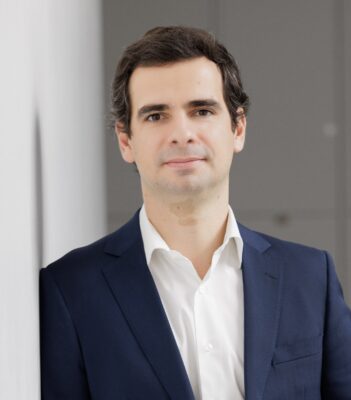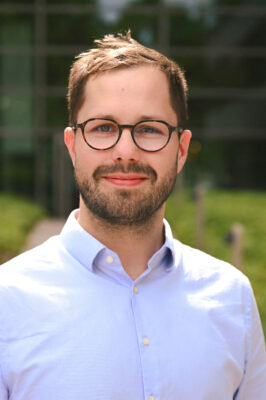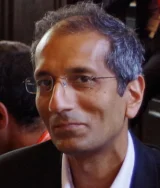|
|
Nuno Medeiros Nuno Medeiros has a master’s degree in electrical and Computers Engineering with a major in Energy from the Faculty of Engineering of the University of Porto (FEUP) in 2008. |
|
|
Mathew Woodyard Mathew Woodyard is a threat intelligence researcher at Okta studying identity-based attacks and botnet behavior. He has worked in many roles throughout his career in finance and technology ranging from quantitative risk to distributed security architecture to botnet behavior. He regularly shares his findings at industry and academic conferences, including BSides Las Vegas, Oktane, and IEEE International Conference on Communications. |
|
|
Ben Kuchta Ben Kuchta is an experienced leader in the energy industry with nearly two decades of operational expertise at various levels. Currently serving as the Group Director for Resilience and Crisis Management at National Grid plc, Ben plays a crucial role in ensuring strategic resilience across the company’s UK and US businesses. His responsibilities include topics such as climate resilience to stakeholder and government engagement. Ben is accountable for the Group-wide framework for resilience and has an influential role in shaping the evolving regulatory space. He also oversees the training and exercise programs for crisis management. |
|
|
Ondřej Černý Ondřej Černý is a Senior Projects Officer in E.DSO, the European association of electricity distribution system operators. Besides participating in multiple research projects, Ondřej also coodinates the activites of the E.DSO Innovation & Research Committee, which focuses on sharing the best practices between member DSOs and formulating priorities for European R&I policy. |
|
|
Awais Rashid Professor Awais Rashid is focusing on novel software modularity techniques that make software adaptable, evolvable, and resilient. He is a keen researcher of adversarial and non-adversarial behaviours in cyber security and leads projects as part of the UK Research Institute on Trustworthy Industrial Control Systems (RITICS), the UK Research Institute on Socio-technical Cyber Security (RISCS), and the National Centre of Excellence on Cyber Security of Internet of Things (PETRAS). He is also a member of the UK Centre for Research and Evidence on Security Threats (CREST) and leads research on the readiness of software engineers and developers to work with new secure hardware as part of the ESRC Hub on Digital Security by Design (Discribe). A Fellow of the Alan Turing Institute, he was the co-founder and co-director of the Security Lancaster Institute at Lancaster University before joining the University of Bristol. |
|
|
Nikos Hatziargyriou Nikos Hatziargyriou is since 1984 with the Electrical and Computer Engineering School, National Technical University of Athens (NTUA), Professor in Power Systems since 1995, and Professor Emeritus since 2022. He is also part-time Professor at the University of Vaasa, Finland. He has over 10 years of industrial experience as Chairman and CEO of the Hellenic Distribution Network Operator (HEDNO) (2015-2019) and as Executive Vice-Chair and Deputy CEO of the Public Power Corporation (PPC) (2007-2012), responsible for the Transmission and Distribution and the Islands Divisions. He has authored more than 350 journal publications and 600 conference proceedings papers. He is included in the 2016, 2017, and 2019, Thomson Reuters lists of the top 1% most cited researchers and for several years in the global list of top 2% Scientists released by Stanford University. He is 2020 Globe Energy Prize laureate, recipient of the 2017 IEEE/PES Prabha S. Kundur Power System Dynamics and Control Award and the 2023 IEEE Herman Halperin Electric Transmission and Distribution Award. He was the Chair of the Power System Dynamic Performance Committee of IEEE and Editor in Chief of the IEEE Transactions on Power Systems. He is currently EiC-at-Large for IEEE PES Transactions. He is an honorary member of CIGRE and past Chair of CIGRE SC C6 “Distribution Systems and Distributed Generation.” He has participated in more than 60 R&D projects funded by the EU Commission, electric utilities and industry for fundamental research and practical applications. |







